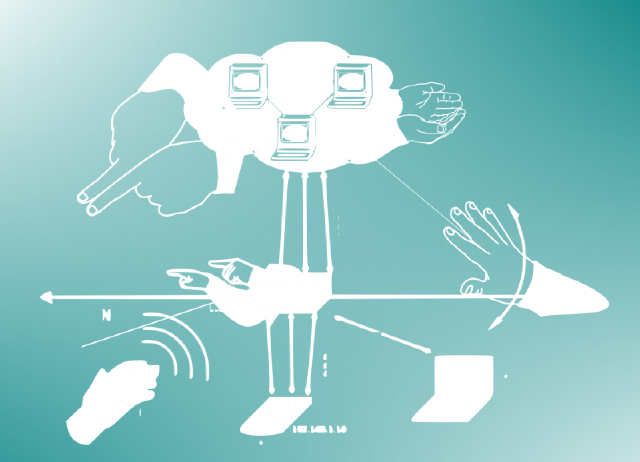Networks With An Attitude
In spring 2019 I was invited to co-organize a worksession with ConstantVZW and ooooo.be: Networks With An Attitude took place from 7 to 13 April 2019 and was (de)centralized around ‘The internet is dead’ & ‘Long live the internets’.
With 40 participants we explored highly proprietary network structures and their potential future, naval protocols, historical and innovative ways of exchanging information as well as aspects of care and safety in networks. We did a close reading of the draft of the RFC ‘Feminism and protocols’ and reported back to the authors. We built a Yagi antenna was built to listen to the International Space Station, and much more.
For a more complete overview have a look at the documentation on Constant VZW’s website
Original call for the worksession.
“Networks do not tell all stories equally. Networks, like all entities with stories, tell most readily those stories in whose reflection they see themselves.” [Eleanor Saitta, 2012]
The internet is dead. The first three days start from the assumption that in the near future, the internet is something to be avoided. So, what if we disconnect from the current World Wide Web and build other networks, parallel, off-line, peer to peer, decentralised or differently related? What network topologies and forms of organisation can we think of, which relations can we imagine? What if we think of other materialities, humanly tangible or not? Could the disintegration of its continuous fabric, or the emergence of splinternets not just be a threat but also a potential for different networked spaces and protocols, directed by shared concerns and net-affinities rather than uniformed profit?
Long live the internets! In the second three days we will explore how to re-appropriate existing infrastructures and historical protocols for other means. The multitude of social networks and protocols that are spreading, with different degrees of filters and access and opacity bears some similarity with the early times of computer networking. Back then different separate physical networks and protocols where experimented with, before they where aggregated under the umbrella of the American TCP/IP internet model. This model grew to be a globalized and globalizing project, intertwined with the unfolding of neo-liberal capitalism due to its capacity for value extraction and circulation. But the extension and capillarity of the one network, has also reached a point in which the complexity of network dynamics is the occasion for new openings and attempts. How might the coming shape of the internet(s) remind us about its past?
